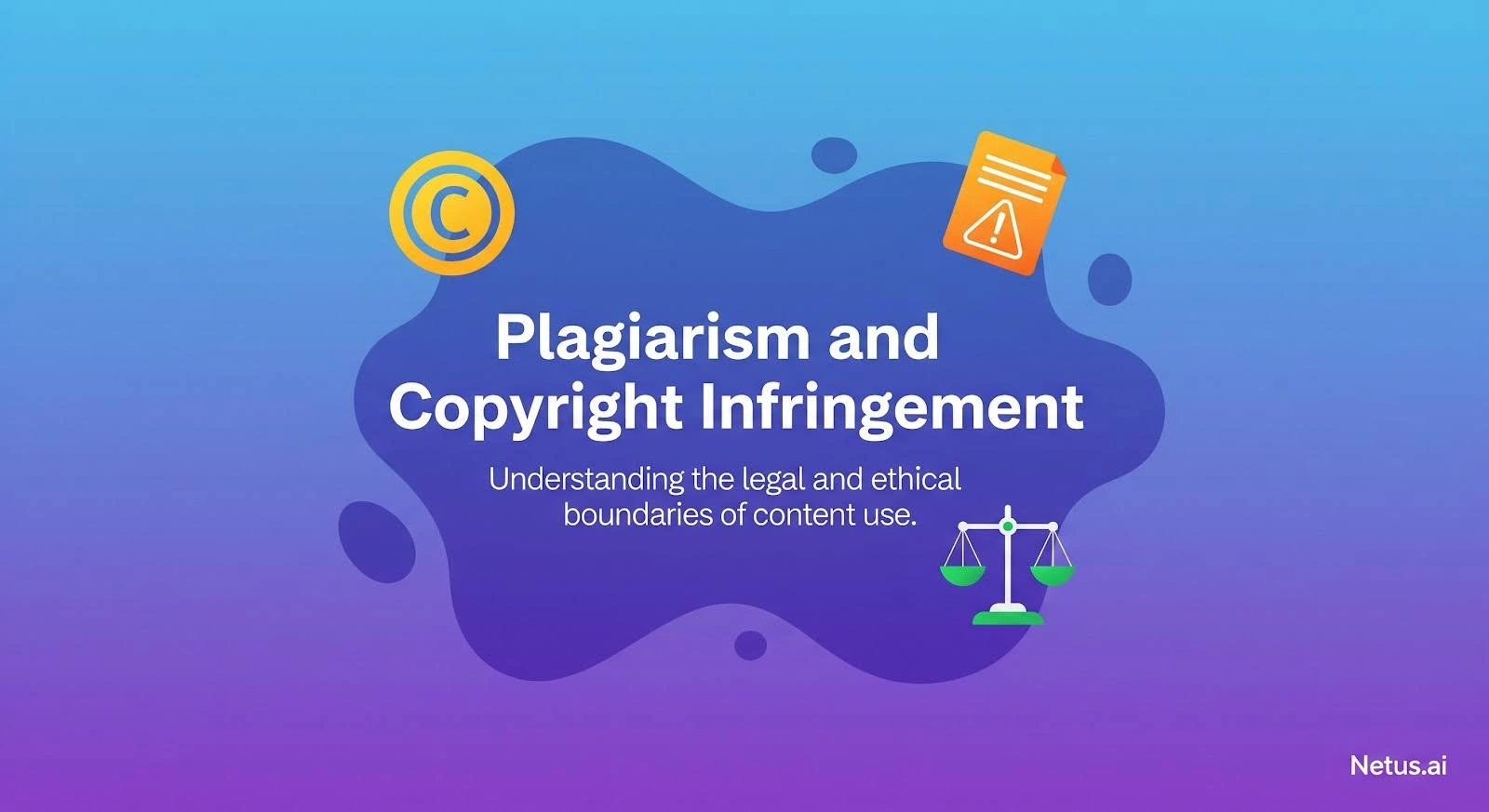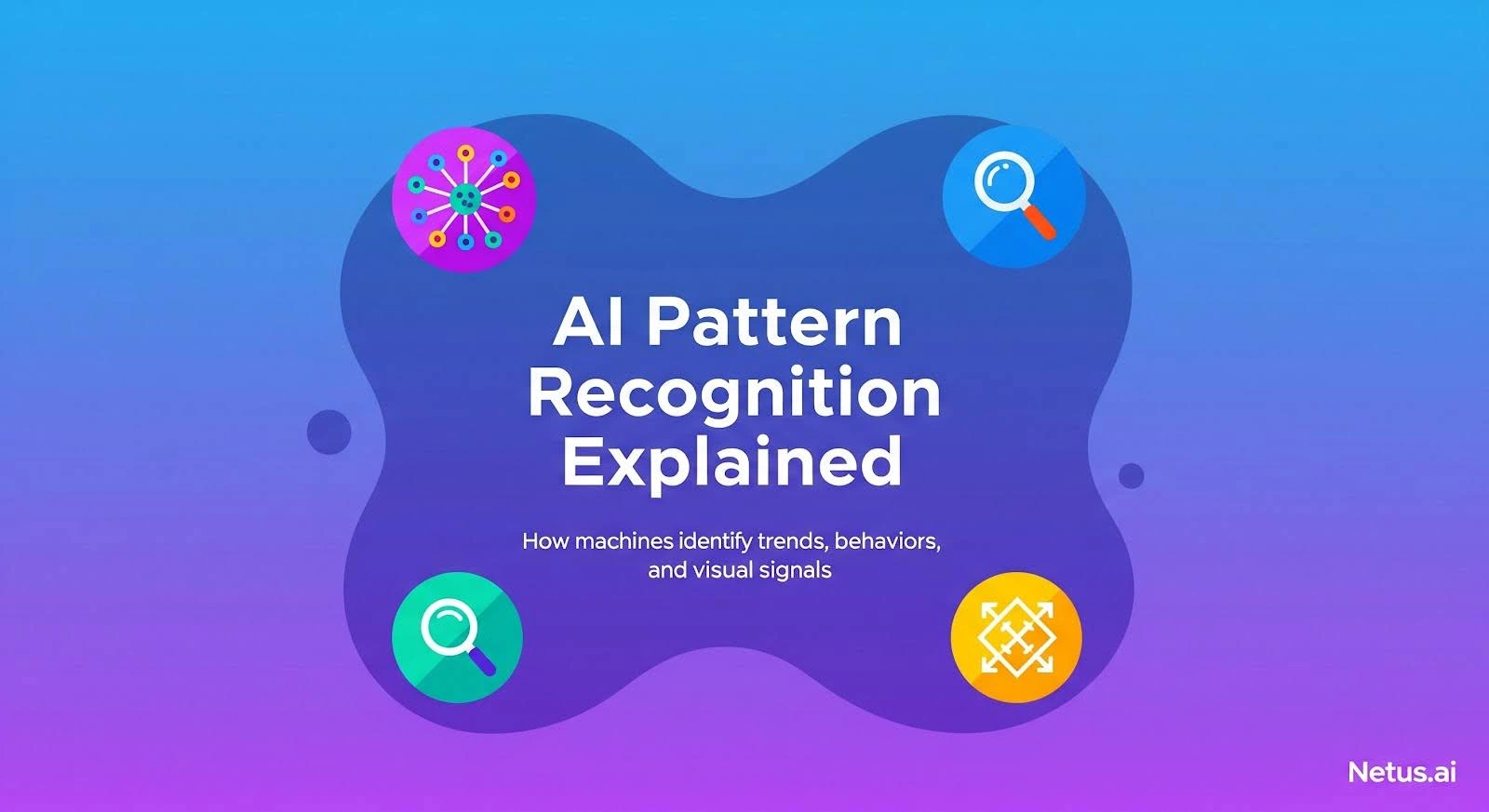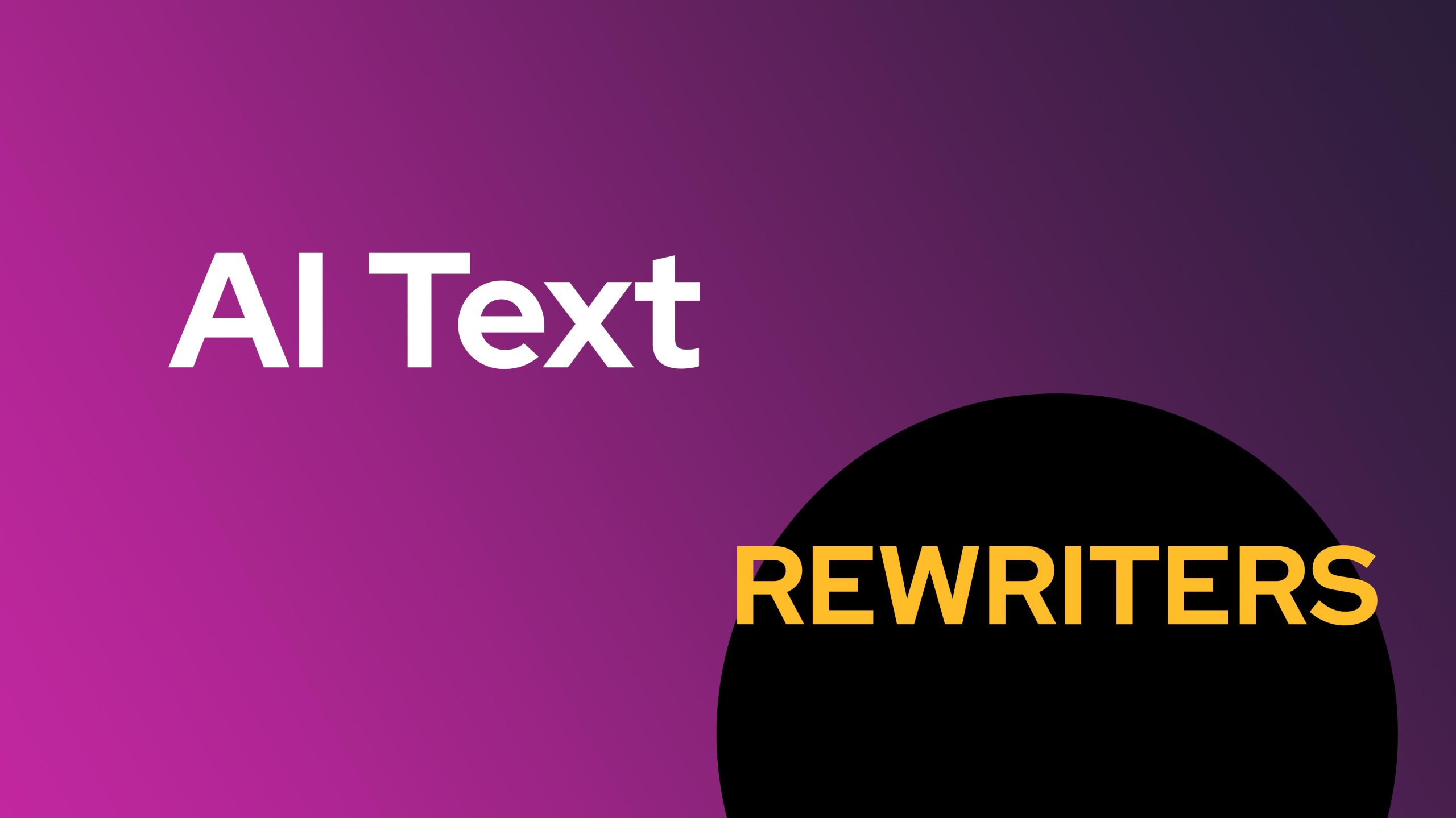Table of Contents
Prominent Plagiarism Types in the UK
Causes and Effects of Plagiarism in the UK. The unethical act of claiming credit for someone else’s work is pervasive among students, especially those who do not properly credit the information taken from books or online sources. The increasing rates of plagiarism in the UK is concerning, in order to understand this trend, it is vital to be familiarised with the main types of plagiarism that arise in UK universities and higher education institutions.
Significant forms of plagiarism can include accidental plagiarism, where students may overlook proper citation, and self-plagiarism, where students reuse their own work from previous assignments. Additionally, improper collaboration with peers can result in collusion, another form of academic dishonesty. In broader contexts such as exams, cheating and academic misconduct may take many shapes, including plagiarism within essays, term papers, and reports. Education on these various types is crucial to combat the growing issue of academic dishonesty in the UK.
The Main Types of Plagiarism
Plagiarism takes many forms in academic work, but some of the most commonly observed types are outlined below:
- Direct Plagiarism: This type of plagiarism occurs when someone copies a passage or text from an online source or document and uses it in their work verbatim, without proper citation. This often stems from a lackadaisical attitude towards academic work, but it is important to remember that plagiarism detection tools are increasingly effective in identifying copied passages.
- Self-Plagiarism: For researchers who have been involved in publishing research articles for an extended period, it is not uncommon to unintentionally reproduce previously published findings in new articles. To avoid this, it is vital to both cite your earlier research work and ensure that the amount of reused content remains within an acceptable range.
- Unintentional Plagiarism: Errors in naming authors, editors, or other details related to a source can also lead to unintentional plagiarism—a result of inattention. To prevent such mistakes, it is crucial to carefully review academic documents, paying special attention to the details of your reference list, citations, and bibliography.
- Patchwork Plagiarism: Also known as mosaic plagiarism, this variation involves deliberately altering a passage’s wording to change its appearance while maintaining its original meaning. Mosaic plagiarists often rely on their ability to disguise a lack of originality and research skills in their work. Though patchwork plagiarism does not involve direct copying of text, advanced software is frequently employed to detect this more devious form of plagiarism.
In conclusion, proper acknowledgement of sources, as well as careful attention to citations, quotations, paraphrasing, and summaries, is crucial for maintaining originality and avoiding plagiarism in academic work. Familiarizing oneself with the various types of plagiarism will help ensure that the use of sources remains within the bounds of ethical and acceptable practice.
The Significant Problems That Lead to Plagiarism
Plagiarism in academic works, such as term papers and projects, is a pervasive issue. Various factors contribute to this problem, and understanding these factors can help mitigate plagiarism occurrences. Several key issues can prompt students to submit plagiarized work:
- Indifference towards research:
Effective research takes time and effort, but some students fail to recognize its value. Their apathetic attitude towards the demands of research can increase instances of content duplication.
- Inefficient time management:
Managing time properly is crucial for research success. Academic papers often have multiple parts, each requiring equal focus. When students struggle to follow their schedule, they may resort to plagiarism.
- Ignoring submission deadlines:
Instructors set deadlines to ensure timely completion of research projects. However, when students fail to meet these deadlines, they might be driven to plagiarize in order to submit their work.
- Fear of low grades or failure:
Students, particularly those from international backgrounds, may rely on essay mills to avoid the risk of failing their courses. This dependency often stems from a lack of confidence and the inability to present their research findings effectively.
- Inadequate understanding of the research topic:
Having a comprehensive grasp of a chosen research subject is vital. However, when students struggle with the core concepts, they might turn to online resources as a shortcut for completing their assignments.
Moreover, ineffective communication between instructors and students can lead to further confusion. In the context of research, any obstacle can cause significant delays. Promptly seeking clarifications from tutors or supervisors can help address these challenges.
Plagiarism remains a pressing issue in higher education institutions worldwide. By addressing these factors and promoting academic integrity, universities and students can work together to minimize instances of plagiarized work and uphold the value of original research contributions.
Steps to Follow for Preventing Plagiarism
Preventing plagiarism is a crucial aspect of maintaining academic integrity. The following steps can guide students to prevent plagiarism in their work:
- Gain a clear understanding of plagiarism: It is essential for learners to be familiar with the definition of plagiarism and its impact on one’s academic reputation.
- Be diligent in conducting research: To ensure the credibility of their work, students should allocate ample time for thorough research. They should consult a variety of resources, including online databases, libraries, and official records when possible.
- Begin research early: Research is a time-consuming process that requires focus and effort. Starting early will allow students to complete their work in an organized and timely manner.
- Resist the urge to copy: Students may feel tempted to copy information from other sources due to a lack of original ideas or to save time. However, plagiarism can have long-lasting negative consequences, even if the copied material is discovered years later.
- Properly document all referenced sources: Adhering to a specific citation style is essential in avoiding plagiarism. Students should ensure that their entire paper – including citations – follows the format required by their instructor or supervisor.
- Utilize plagiarism detection tools: In addition to keeping accurate records of all references, students should use AI-powered plagiarism checkers like Turnitin to scan their work and rectify any plagiarism issues.
- Seek assistance from professionals: Students can consult professional agencies for guidance on proper academic practices. These organizations can help with editing or proofreading to ensure that the work is free from plagiarism.
By following these steps, students will be better equipped to produce original work that aligns with academic standards and fosters a culture of integrity. This, in turn, will lead to a successful academic and professional career.
Frequently Asked Questions
What are the legal repercussions of committing plagiarism in the UK?
Plagiarism is considered a breach of academic integrity in the UK and can lead to serious consequences if not addressed. Students found guilty may face penalties such as lowered grades, failing a course, or even permanent withdrawal from the university1.
How does plagiarism impact academic integrity in the UK education system?
Plagiarism undermines the value of academic qualifications and is unfair to students who do their own work and to the creators of the original materials2. The credibility of the UK education system relies on the maintenance of high standards of academic integrity, and addressing plagiarism is critical in preserving the quality of education.
What are the common reasons students in the UK plagiarize?
Some common reasons for plagiarism in the UK are a lack of understanding about proper citation practices, time constraints, insufficient language skills, or simply the desire to achieve higher grades3. To prevent plagiarism, it is crucial for students to develop good time management and research skills, as well as a solid understanding of citation practices.
Additionally, some students may feel overwhelmed by academic pressure and resort to plagiarism as a quick fix. Others might struggle with academic writing conventions, especially international students unfamiliar with UK standards. Institutions can help by providing clear guidance and resources on plagiarism and academic integrity. Access to support services, such as online tutoring in the UK, also plays a vital role in helping students improve their skills and avoid unintentional plagiarism. Encouraging a culture of honesty and providing early intervention can significantly reduce plagiarism cases.
What societal effects can occur as a result of widespread plagiarism?
Widespread plagiarism can lead to a decline in the value of academic qualifications, undermining the credibility of educational institutions and reducing public trust in the quality of education4. Employers may also be negatively affected, as they rely on academic qualifications to assess the abilities and knowledge of potential employees.
How is plagiarism detected and addressed by UK educational institutions?
Various software tools, such as Turnitin, are used to detect instances of plagiarism in academic work. Upon detection, universities in the UK usually hold a meeting or conduct an investigation to assess the case5. Depending on the severity and intent of the plagiarism, penalties such as lowered grades, failing a course, or expulsion from the university may be issued.
In what ways does plagiarism undermine the value of academic qualifications?
Plagiarism devalues the effort and achievements of students who have earned their qualifications through hard work and independent research. When plagiarism goes undetected or unpunished, it can lead to the dilution of academic standards, reducing the credibility and worth of academic qualifications6.
Footnotes
- https://www.scribbr.co.uk/preventing-plagiarism/consequences-of-plagiarism/ ↩
- https://www.bradford.ac.uk/library/help/plagiarism/frequently-asked-questions-about-plagiarism/ ↩
- https://copyleaks.com/blog/causes-and-effects-of-plagiarism-in-the-uk ↩
- https://www.totalstudentcare.com/guides/en/plagiarism-by-students-consequences-and-how-to-avoid-it/ ↩
- https://www.ed.ac.uk/files/atoms/files/plagiarismstudentguidance.pdf ↩
- https://www.totalstudentcare.com/guides/en/plagiarism-by-students-consequences-and-how-to-avoid-it/ ↩



